
Dev S Sukumar/ DNA. New Delhi. Photos: Badmintonphoto.com (archives)
 There were no upsets in the singles. World Champion Lin Dan and young compatriot Wang Zhengming motored into the semifinals, where they will meet Thailand’s Boonsak Ponsana and Japan’s Kenichi Tago respectively. Tago, who displayed astonishing physical and mental ability to make the All England final last month, was dismissive of Hsuan Yi Hsueh, who had upset Taufik Hidayat on Wednesday. Such is Lin Dan’s reputation that his opponent Ponsana seemed resigned to his fate on Thursday. “It’s very very tough to beat Lin Dan,” offered his coach Udom on his behalf. “Lin Dan is good in all departments – very fast, very strong.”
There were no upsets in the singles. World Champion Lin Dan and young compatriot Wang Zhengming motored into the semifinals, where they will meet Thailand’s Boonsak Ponsana and Japan’s Kenichi Tago respectively. Tago, who displayed astonishing physical and mental ability to make the All England final last month, was dismissive of Hsuan Yi Hsueh, who had upset Taufik Hidayat on Wednesday. Such is Lin Dan’s reputation that his opponent Ponsana seemed resigned to his fate on Thursday. “It’s very very tough to beat Lin Dan,” offered his coach Udom on his behalf. “Lin Dan is good in all departments – very fast, very strong.”
Apart from Saina, the other Indians were bounced out in varied circumstances. Aditi Mutatkar stood little chance against Chinese qualifier Liu Xin, who looked comfortable right through against all the exertions of the Indian. Both the doubles teams, Rupesh/Sanave and Diju/ Jwala, started spectacularly against formidable opponents, but couldn’t sustain the momentum until the end.
“I’m speechless today,” said Saina. “I was 100 per cent. Wong had played well in the last three or four tournaments, but the way I picked up in the beginning was amazing. My defence was excellent.”
Asked about the Chinese qualifier of unknown ability who she will take on in the semis, Saina said: “All the Chinese are at the same level. I’m not worried, because I’ve played them before. I’d say it’s 50-50.”
 Both the Indian doubles pairs promised so much. The small audience went berserk as Rupesh Kumar and Sanave Thomas played sensationally to begin with as they cracked open Korean pair Hwang Ji Man and Han Sang Hoon‘s defenses. Until midway in the second game they seemed in control, playing a classical Indian doubles style that serves them well against faster and stronger opponents. They pushed the shuttle around instead of hitting it, refused to engage the Koreans in hard exchanges, and displayed soft touch. Once they were denied the chance to hit, the Koreans were at a loss, and the Indians seemed headed for one of their biggest results.
Both the Indian doubles pairs promised so much. The small audience went berserk as Rupesh Kumar and Sanave Thomas played sensationally to begin with as they cracked open Korean pair Hwang Ji Man and Han Sang Hoon‘s defenses. Until midway in the second game they seemed in control, playing a classical Indian doubles style that serves them well against faster and stronger opponents. They pushed the shuttle around instead of hitting it, refused to engage the Koreans in hard exchanges, and displayed soft touch. Once they were denied the chance to hit, the Koreans were at a loss, and the Indians seemed headed for one of their biggest results.
The pace however was punishing, and although it seemed to the outside observer that the Indians were committing ‘silly’ errors, Sanave admitted that it was the pace that had created the problem. “Until midway in the second game we were in control, but the pace was very high and we got slow. That’s how the errors came about.”
Diju and Jwala’s match followed the same pattern, against Qiu Zihan/ Qing Tian of China. The execution was near perfect in the first game, but after a momentary lapse in the second, the momentum shifted ever so slightly in the Chinese’s favour. Diju revealed later that he developed a back problem during the course of the match.
![BAC Quarterfinals – Saina ‘speechless’ after perfect performance Saina becomes first Indian woman in the semi-finals of the Asian Championships; Lin Dan keeps semi-final appointment. Dev S Sukumar/ DNA. New Delhi. Photos: Badmintonphoto.com (archives) Saina Nehwal showed just […]](http://www.badzine.net/wp-content/uploads/Newsflash-thumbnail.png)
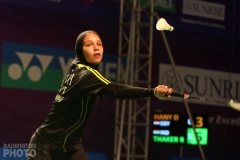

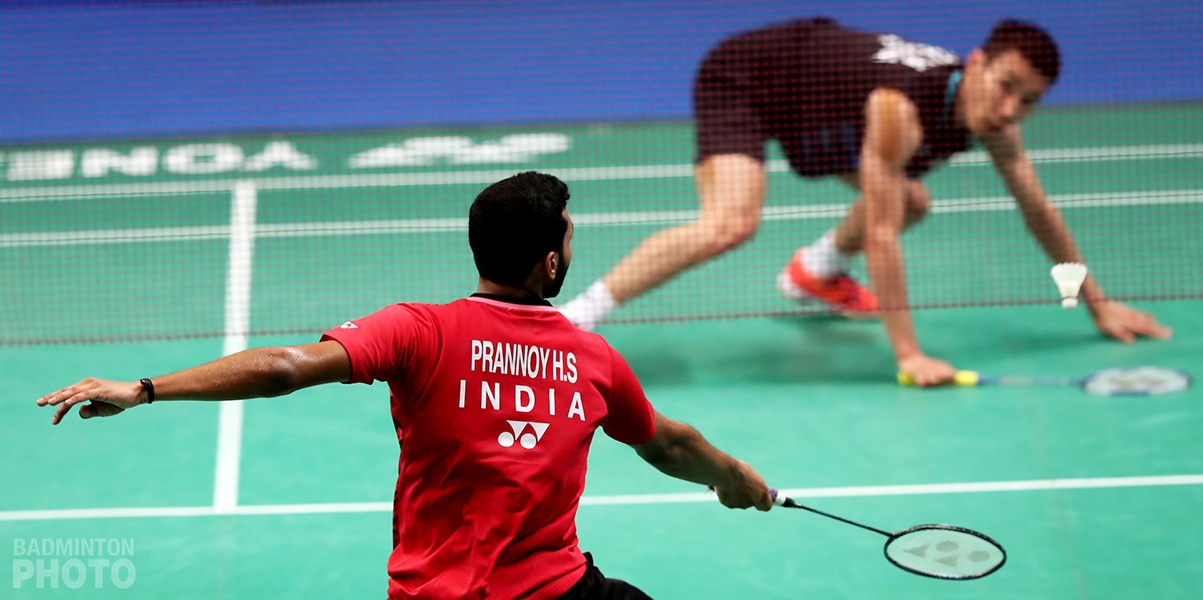
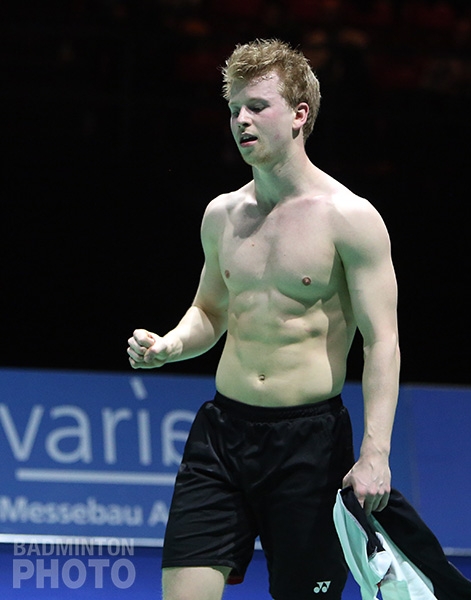
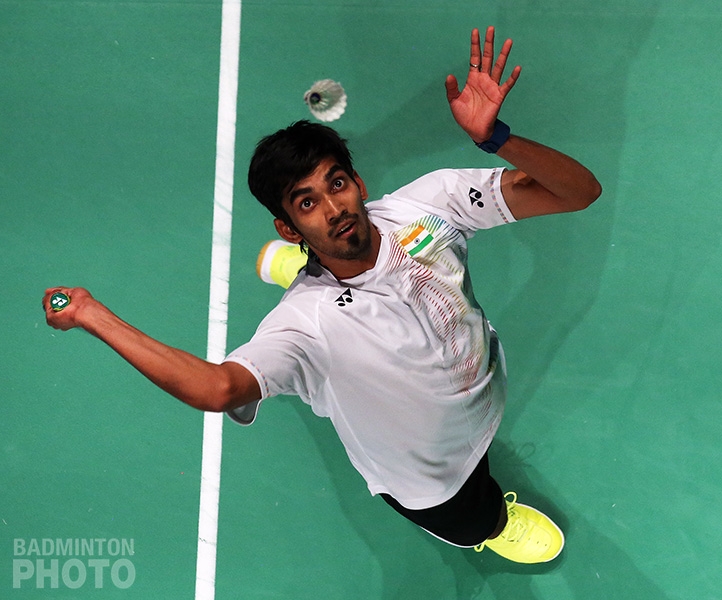
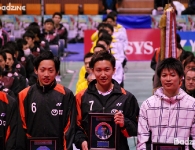
Leave a Reply